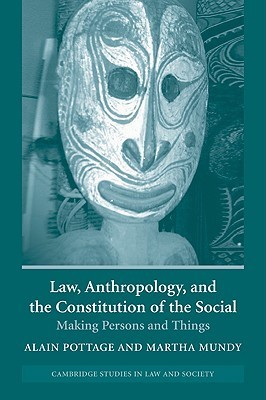


Books in series

Law, Anthropology, and the Constitution of the Social
Making Persons and Things
2004

Lawyers and Regulation
The Politics of the Administrative Process
2005

Pakistan's Experience with Formal Law
An Alien Justice
2013

Human Rights Under State-Enforced Religious Family Laws in Israel, Egypt and India
2013
Political and Legal Transformations of an Indonesian Polity
The Nagari from Colonisation to Decentralisation
2013

Why Prison?
2013

European States and Their Muslim Citizens
The Impact of Institutions on Perceptions and Boundaries
2013

Complementarity in the Line of Fire
The Catalysing Effect of the International Criminal Court in Uganda and Sudan
2013

Rights for Others
The Slow Home-Coming of Human Rights in the Netherlands
2013

Religion, Law and Society
2014

The Experiences of Face Veil Wearers in Europe and the Law
2014

Transnational Legal Orders
2014

Opposing the Rule of Law
How Myanmar's Courts Make Law and Order
2015

The Clinic and the Court
Law, Medicine and Anthropology
2015

Lost in China?
Law, Culture and Identity in Post-1997 Hong Kong
2015

Ironies of Colonial Governance
Law, Custom and Justice in Colonial India
2015

The Quiet Power of Indicators
Measuring Governance, Corruption, and Rule of Law
2015
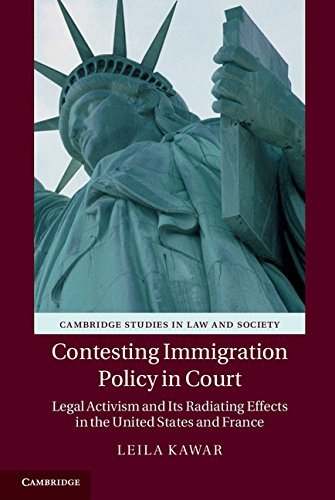
Contesting Immigration Policy in Court
Legal Activism and its Radiating Effects in the United States and France
2015
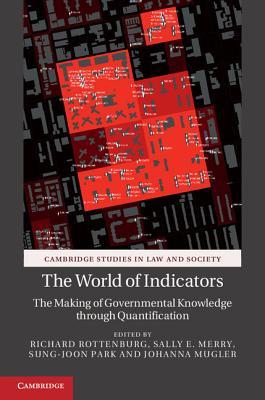
The World of Indicators
The Making of Governmental Knowledge through Quantification
2015

Diversity in Practice
Race, Gender, and Class in Legal and Professional Careers
1602

China and Islam
The Prophet, the Party, and Law
2016

Contractual Knowledge
One Hundred Years of Legal Experimentation in Global Markets
2016
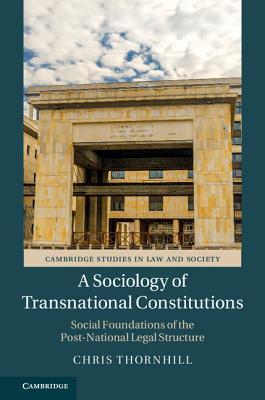
A Sociology of Transnational Constitutions
Social Foundations of the Post-National Legal Structure
2016

Contesting Economic and Social Rights in Ireland
Constitution, State and Society, 1848–2016
2016
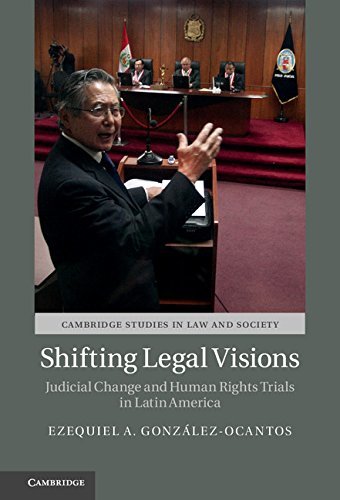
Shifting Legal Visions
Judicial Change and Human Rights Trials in Latin America
2016
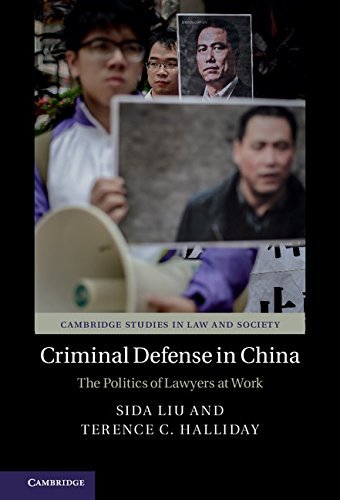
Criminal Defense in China
The Politics of Lawyers at Work
2016

Buried in the Heart
Women, Complex Victimhood and the War in Northern Uganda
2016
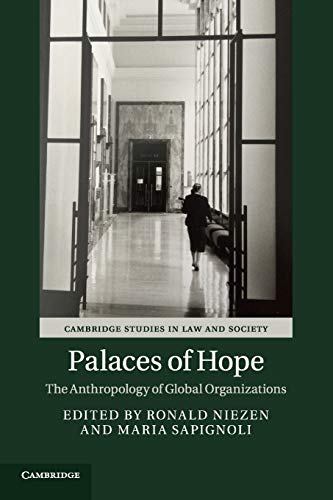
Palaces of Hope
The Anthropology of Global Organizations
2017
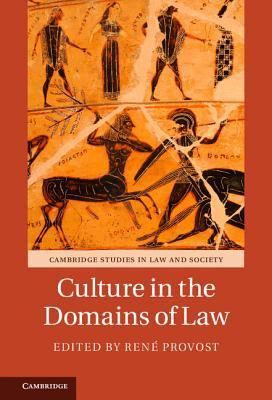
Culture in the Domains of Law
2017

Muslim Women's Quest for Justice
Gender, Law and Activism in India
2017

The Politics of Bureaucratic Corruption in Post-Transitional Eastern Europe
2017
Revisiting the Law and Governance of Trafficking, Forced Labor and Modern Slavery
2017

Incitement on Trial
Prosecuting International Speech Crimes
2017
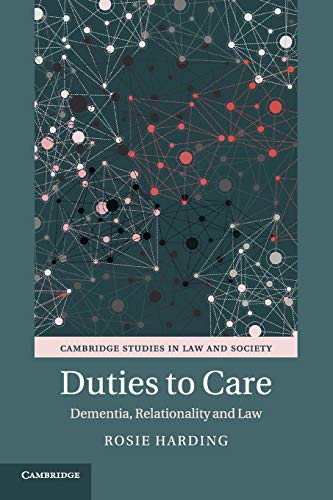
Duties to Care
Dementia, Relationality and Law
2017
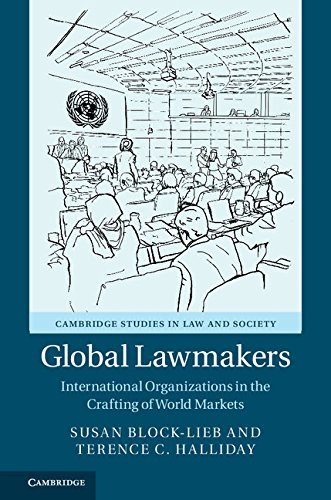
Global Lawmakers
International Organizations in the Crafting of World Markets
2017

Criminalizing Children
Welfare and the State in Australia
2017
Insiders, Outsiders, Injuries, and Law
Revisiting 'The Oven Bird's Song'
2017
Injury and Injustice
The Cultural Politics of Harm and Redress
2018
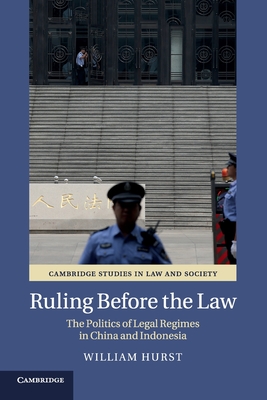
Ruling before the Law
2018
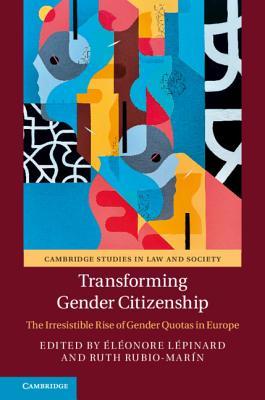
Transforming Gender Citizenship
The Irresistible Rise of Gender Quotas in Europe
2018

Constituting Religion
Islam, Liberal Rights, and the Malaysian State
2018

Law's Trials
The Performance of Legal Institutions in the US 'War on Terror'
2018

Law's Wars
The Fate of the Rule of Law in the US 'War on Terror'
2018

Children as ‘Risk'
Sexual Exploitation and Abuse by Children and Young People
2018
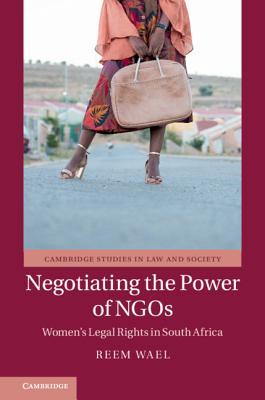
Negotiating the Power of NGOs
Women's Legal Rights in South Africa
2019
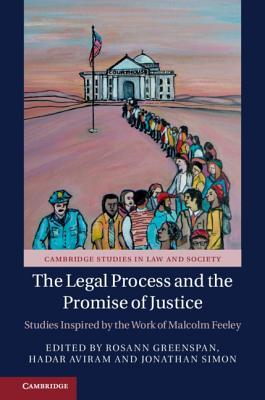
The Legal Process and the Promise of Justice
Studies Inspired by the Work of Malcolm Feeley
2019
Measuring Justice
Quantitative Accountability and the National Prosecuting Authority in South Africa
2019
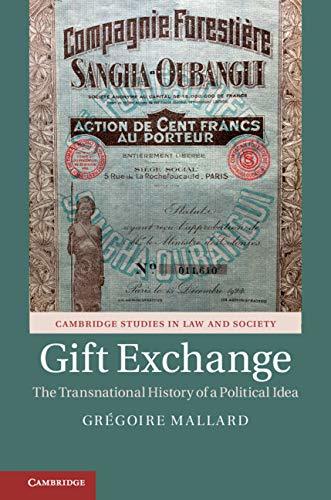
Gift Exchange
The Transnational History of a Political Idea
2019
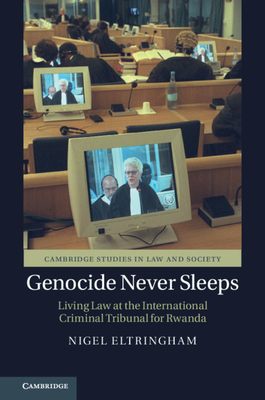
Genocide Never Sleeps
Living Law at the International Criminal Tribunal for Rwanda
2019

Everyday Justice
Law, Ethnography, Injustice
2019

The Edge of Law
Legal Geographies of a War Crimes Court
2019
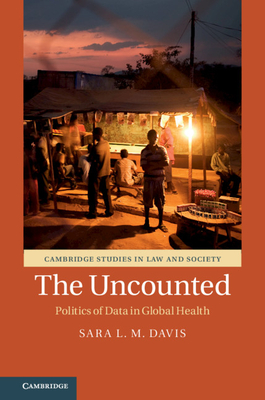
The Uncounted
Politics of Data in Global Health
2020
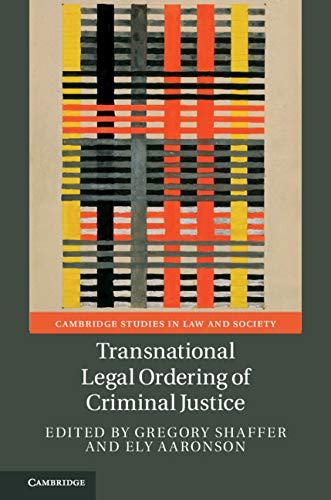
Transnational Legal Ordering of Criminal Justice
2020
Health as a Human Right
The Politics and Judicialisation of Health in Brazil
2021
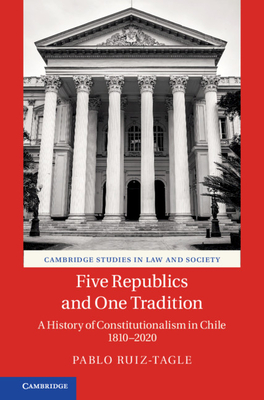
Five Republics and One Tradition
A History of Constitutionalism in Chile 1810–2020
2021
Authors

Osama Siddique اُسامہ صدیق writes fiction as well as non-fiction. He has written historical fiction that encompasses multiple eras ranging from ancient history to the near future as well as the diverse themes of time, religion, philosophy, ideas, architecture, archaeology, arts, iconic figures, progress, political systems, apartheids, evil and dissent. In non-fiction he has written about history of evolution of laws in colonial and post-colonial settings, the elites that capture and control such laws, and their impact on ordinary citizens. He has also written about laws and politics as well as the politics of laws; about laws and society and the sociology of laws; and about rights and their violation as well as enforcement. Dr. Osama Siddique is a Pakistani novelist, legal scholar, teacher and policy reform consultant. He was a Rhodes Scholar at Oxford and holds Masters and Doctoral degrees from Harvard Law School. He has also taught at Harvard Law as the Inaugural Henry J. Steiner Visiting Professor in Human Rights. Osama is also a graduate of Government College University and LUMS and has taught at the latter for many years where he also led the establishment of and headed its Law and Policy School. Osama works in the areas of sociology of law, legal history, human rights, constitutional law, access to justice, and law and development. He also serves on the Senior Faculty of Institute for Global Law & Policy (IGLP) at Harvard. He is also deeply interested in the areas of archeology, ancient and medieval history, literary fiction, science fiction, the natural world, mythology and fantasy. Snuffing Out the Moon is his first novel and set in six distinct historical eras in South Asia. His book 'Pakistan's Experience with Formal Law: An Alien Justice' was declared the best non-fiction book of the year at the Karachi Literature Festival (KLF), 2014. It also won the American Institute of Pakistan Studies (AIPS) Annual Book Prize 2014-15.

